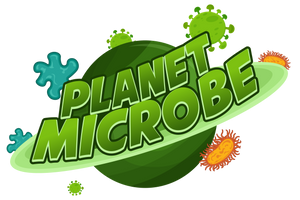Cold sores, also called fever blisters, are mostly caused by the herpes virus. This family of viruses has 100 members. One of the main types causing cold sores is Herpes simplex virus type 1 (HSV-1), but it’s anything but simple! HSV-1 tends to infect you through your mouth and then invades the closest nerve endings. Local symptoms begin with mouth or lip pain, a fever, and swollen glands. Blister-type lesions may then appear. These cold sores are highly contagious.
Although harmless, cold sores are often as painful as other common mouth disturbances such as canker sores, the fungal infection candidiasis, and bacteria causing a tooth abscess.
The good news is that HSV-1 cold sores usually heal on their own within two weeks. Ointments and other treatments may get rid of the sores only one or two days faster. More good news is that the herpes virus may not cause sores or other symptoms at all. The bad news is that HSV-1 can't be cured. After you get infected, the virus stays in your body for the rest of your life! That is why an estimated 65% of the world population has the herpes simplex virus type 1.






